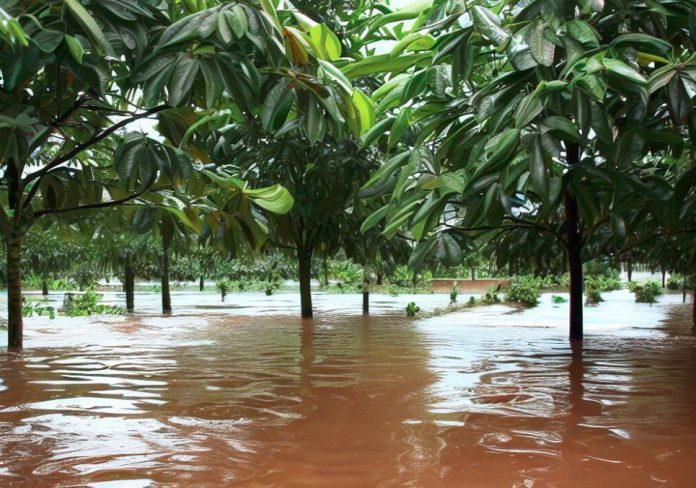News in brief:
-Â The federal government of Nigeria attributes the current food inflation to farmers’ reluctance in engaging in wet season farming due 2022 flood damages, compounded by the naira redesign policy.
– To address these issues, the government is implementing measures such as reforming agricultural financial institutions, subsidising farm inputs, and promoting local food production.
The federal government of Nigeria has attributed the current food inflation in the country to the reluctance of farmers to engage in wet season farming because of the devastating impact of floods in the previous season.
In a statement, the Minister of Agriculture and Food Security Senator Abubakar Kyari explained that farmers, in an attempt to mitigate their losses from the floods, opted to avoid wet season farming in 2023. Thus, leading to a significant reduction in agricultural output.
He further said that the naira redesign policy which came into full effect during the harvest season earlier this year, compounded the situation.
However, to address the challenges posed by the twin issues of flood-induced farmer reluctance and naira redesign policy disruptions, the federal government has embarked on a series of measures. These measures include reforming the Bank of Agriculture, National Agriculture Development Fund, and Nigeria Agriculture Insurance Corporation, with a view to enhancing farmers’ access to credit.
Other measures include subsidising farm inputs to reduce farmers’ financial burden and leveraging an African Development Bank (AfDB) facility to support the 2023 dry season farming.
Furthermore, the administration is promoting local cultivation of wheat to reduce reliance on imports and enhance food security and the provision of free wheat seeds to farmers.
Minister Kyari emphasised the importance of data collection in effectively monitoring and supporting farmers’ activities. He stressed that the ministry is prioritising increased yield per available land area for both dry and wet season farming.
In addition to the aforementioned measures, the federal government has declared an emergency on food security, signaling its unwavering commitment to addressing the issue. The Ministry of Agriculture and Food Security is spearheading efforts to implement the outlined measures and ensure a stable food supply for the nation’s growing population.



